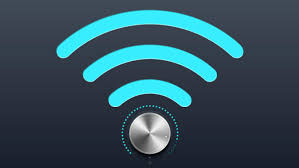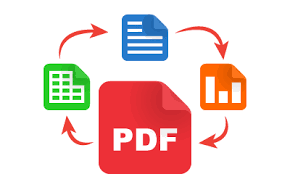We've been using computer passwords for decades, yet it seems like no one can agree on how you should pick a password, what it should contain, and if a password is good enough. Let's cut through it. Phrases Are Inherently Unsafe PasswordsPassphrases, unlike typical passwords, are strings of words rather...
Google Now Allows IP Tracking & Fingerprinting – Here’s How to Protect Yourself
On February 16, Google implemented a significant shift in its advertising policies, allowing advertisers to collect IP addresses and use device fingerprinting – two tracking methods that had been previously restricted. This move represents a reversal of Google's earlier stance on privacy, raising concerns about user tracking and data security....
The Secret to Secure and Free Wi-Fi Anywhere You Go
When planning for your next business trip, you don't have to sacrifice access to free and secure internet while on the go. Whether you're planning that next road trip, navigating unfamiliar cities, finding the best streaming services, or visiting popular food spots nearby, a reliable internet connection is a must....
Think That File Converter Is Safe? The FBI Says Think Again
If you’ve ever searched for a free way to convert a PDF to Word, or combine a few images into a PDF, there’s a good chance you’ve used an online file conversion tool. But according to a recent warning from the FBI, those “free” tools may come at a much...
How Security Expert Troy Hunt Got Phished—and Why 2FA Didn’t Save Him
This morning, I received a Have I Been Pwned (HIBP) alert about my email address showing up in a breach labeled “Troy Hunt’s Mailchimp List.” My first reaction was disbelief. Troy Hunt – the renowned cybersecurity expert behind HIBP – had just fallen for a phishing scam. It wasn’t a...





